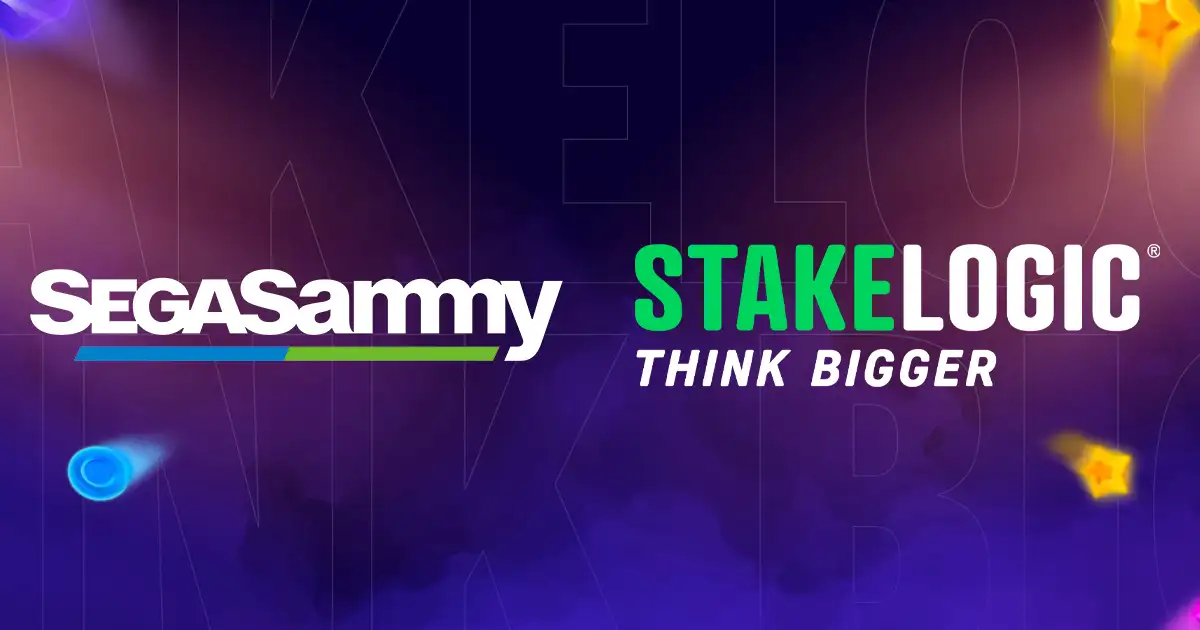SEGA SAMMY forced to complete Stakelogic acquisition
After signing an agreement to acquire Stakelogic for an estimated €130 million, Japanese giant SEGA SAMMY tried to pull out of the deal at the last minute, citing ‘contractual breaches’. The Amsterdam court categorically rejected this attempt.
An acquisition contract impossible to cancel
In 2024, SEGA SAMMY signed a Share Purchase Agreement (SPA) to acquire 100% of Stakelogic, the Dutch-based online casino games developer. However, a few months after signing, SEGA SAMMY attempted to retract the deal. The company cited regulatory compliance failures on the part of Stakelogic, particularly in its operations in Turkey and Japan.
According to the ruling handed down by the Amsterdam court on 11 April 2025, the contract signed by the two parties did not include any clause allowing termination, even in the event of a subsequent disagreement.
Why SEGA SAMMY wanted to back out
Officially, SEGA SAMMY cited a series of regulatory compliance irregularities in certain sensitive markets. Unofficially, several analysts believe that the economic slowdown in Japan and the volatility of the global iGaming market may have dampened the conglomerate’s initial enthusiasm.
The refusal to execute the contract was seen as an attempt to force a renegotiation of the price or to delay the integration of Stakelogic.
What will happen now?
According to the court ruling, SEGA SAMMY has two weeks to complete the acquisition. This means that the payment of the €130 million, potentially increased depending on Stakelogic’s future performance, must be finalised in the next few weeks. If the company does not comply with this decision, it will have to pay a fine of €20 million.
For SEGA SAMMY, the integration of Stakelogic nevertheless represents a major strategic opportunity, in particular to penetrate the North American market, where demand for online casino games continues to grow.


